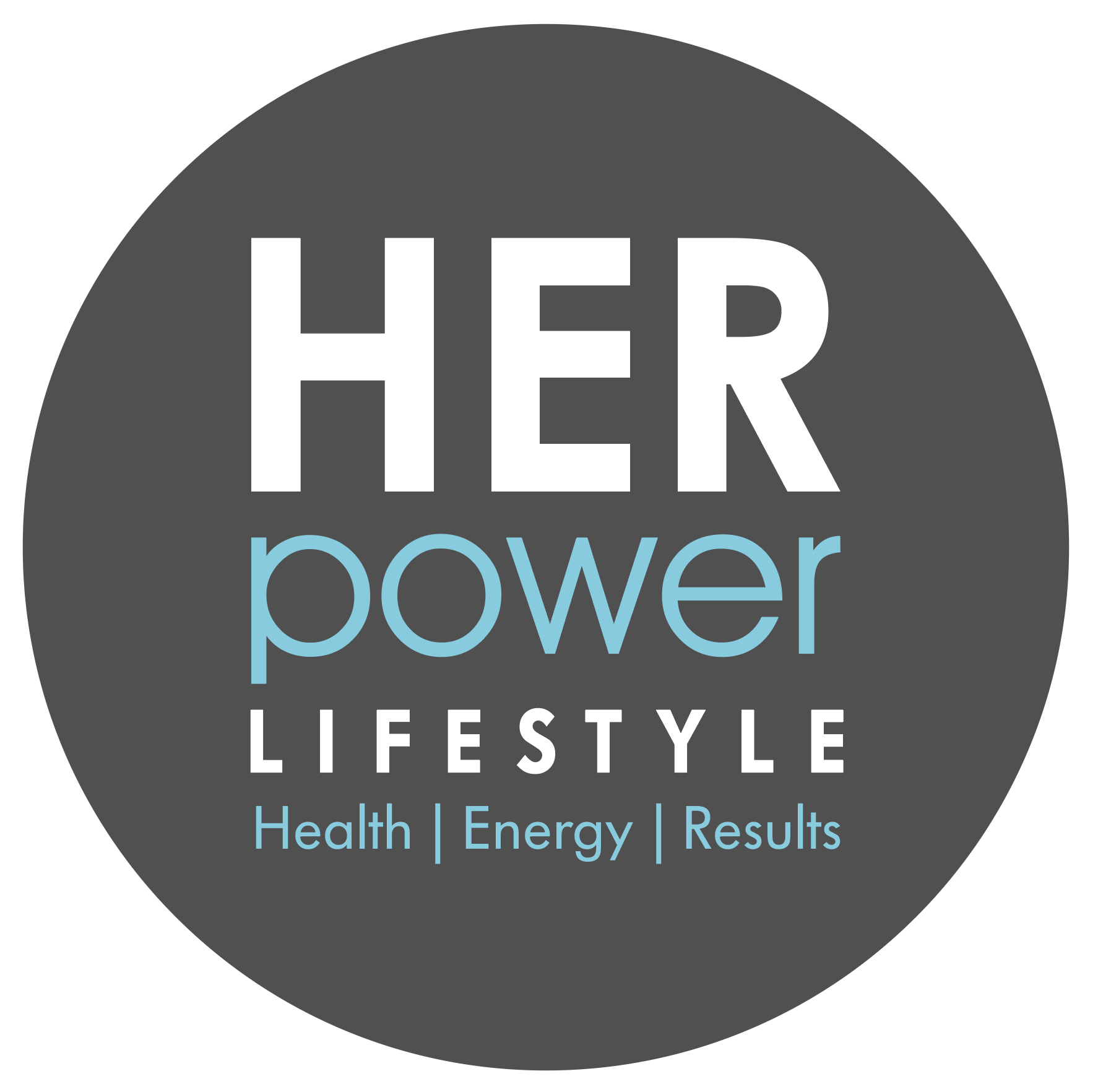Can you have that cocktail and still reach your goals?
I wanted to share something I share in my groups and it is regarding a question I get all the time, “How will alcohol affect my results”? When women enquire about my program, that often ask if they will still be able to enjoy their wine. My answer is yes and no. I am always honest and transparent with my clients so they can make informed decisions.
Remember, alcohol provides empty calories and when it is consumed, it’s burned first as a fuel source before your body uses anything else. This includes glucose from carbohydrates or lipids from fats. Essentially, if you are trying to burn fat, alcohol interrupts the fat burning process and will not start again until all of the alcohol has burned off. When I say empty calories, I mean that you are not getting any nutritional value from it. Ideally, you want to get the most nutritional benefit from every calorie you consume. In addition, alcohol interferes with protein synthesis, the building block of muscle. In other words, if you get in a great workout and then head out for drinks afterward, you are hindering the muscle building process. If you do have plans on the same day that you are hitting the gym, consume protein and carbs within an hour of working out and wait a few hours before grabbing that drink. Or save your cocktail hour for a rest day.
Quite simply put, you will make very little progress if you are consuming alcohol on a daily basis. It is also not great for your health. More and more studies are coming out linking alcohol to Cancer (breast, mouth, throat, esophagus, liver, and colon). Women also take longer to metabolize alcohol and tend to have higher blood alcohol levels than men. This makes women more susceptible to the long-term negative health effects of alcohol compared with men. Risks of cirrhosis and other alcohol-related liver diseases increase, as does alcohol-related cognitive decline and heart muscle damage. Given my programs have a focus on hormones, I would be remiss if I didn’t mention that heavy drinking interferes with the operation of the hormone system. It can lead to early menopause, irregular menstrual cycles, and menstrual cycles without ovulation, as well as complications in post-menopausal women. That is a whole other topic that I will save for another newsletter.
However, let’s be real, you still have to enjoy life. Some of you may not consume alcohol at all which is great, but I know many want to know how to enjoy wine or a favourite cocktail without completely derailing your week. In my program, we carb cycle. For my clients who want to reach their goals and still enjoy their wine, I suggest saving the alcohol for a higher carb day and enjoy it with a special meal or if you have plans or an event to attend. Drink plenty of water, before, during and after consuming alcohol. Do not drink on an empty stomach.
Here is a rundown on the most common beverages.
Lighter options - Light beer, wine and champagne. If you like mixed drinks, choose clear, low sugar mixers. Here is the nutritional info of popular spirits and suggestions.
Wine
The majority of the calories in wine come from alcohol—not carbohydrates or sugar—except in the case of sweet wine (see below).
A bottle of wine (750ml / 25oz) contains approximately 600 calories. A typical glass of wine (5 oz) contains about 120 calories. Calories don’t differ very much depending on the type of wine.
A glass of light, dry white wine (i.e. Vinho Verde, Picpoul, Trebbiano) at 10% alcohol contains about 100 calories (85 from alcohol and 15 from carbohydrates).
A glass of red or white wine (i.e. Pinot Noir, Cabernet Sauvignon, Chardonnay) at 13% alcohol contains about 120 calories (110 from alcohol and 10 from carbohydrates).
A glass of bold, high alcohol red wine (i.e. Zinfandel, Shiraz, Blends) at 15% alcohol contains about 130 calories (120 from alcohol and 10 from carbohydrates).
Vodka
Calories: 100 calories in 1.5 ounces of distilled 80-proof vodka
Alternative cocktail: Choose low-calories mixers such as club soda and avoid overly sugary juices.
Whiskey
Calories: 100 calories in 1.5 ounces of 86-proof whiskey
Alternative cocktail: Ditch the cola and take your whiskey on the rocks for a low-calorie alternative.
Gin
Calories: 115 calories in 1.5 ounces of 90-proof gin
Alternative cocktail: Aim for something simple, such as a martini — and don’t skip the olives, they contain beneficial antioxidants such as vitamin E.
Tequila
Calories: 100 calories in 1.5 ounces of tequila
Alternative cocktail: The best part about tequila is that the customary tequila “shot” is just salt, tequila, and lime.
REMEMBER: Popular vacation cocktails like Pina Coladas, Daiquiris and anything that is colourful, creamy, chocolatey etc. are calorie bombs. Just one can be 1/3 (maybe more) of your daily calorie intake!
If you are going to drink, please drink responsibly. Be sure to enjoy your time with family and friends.
